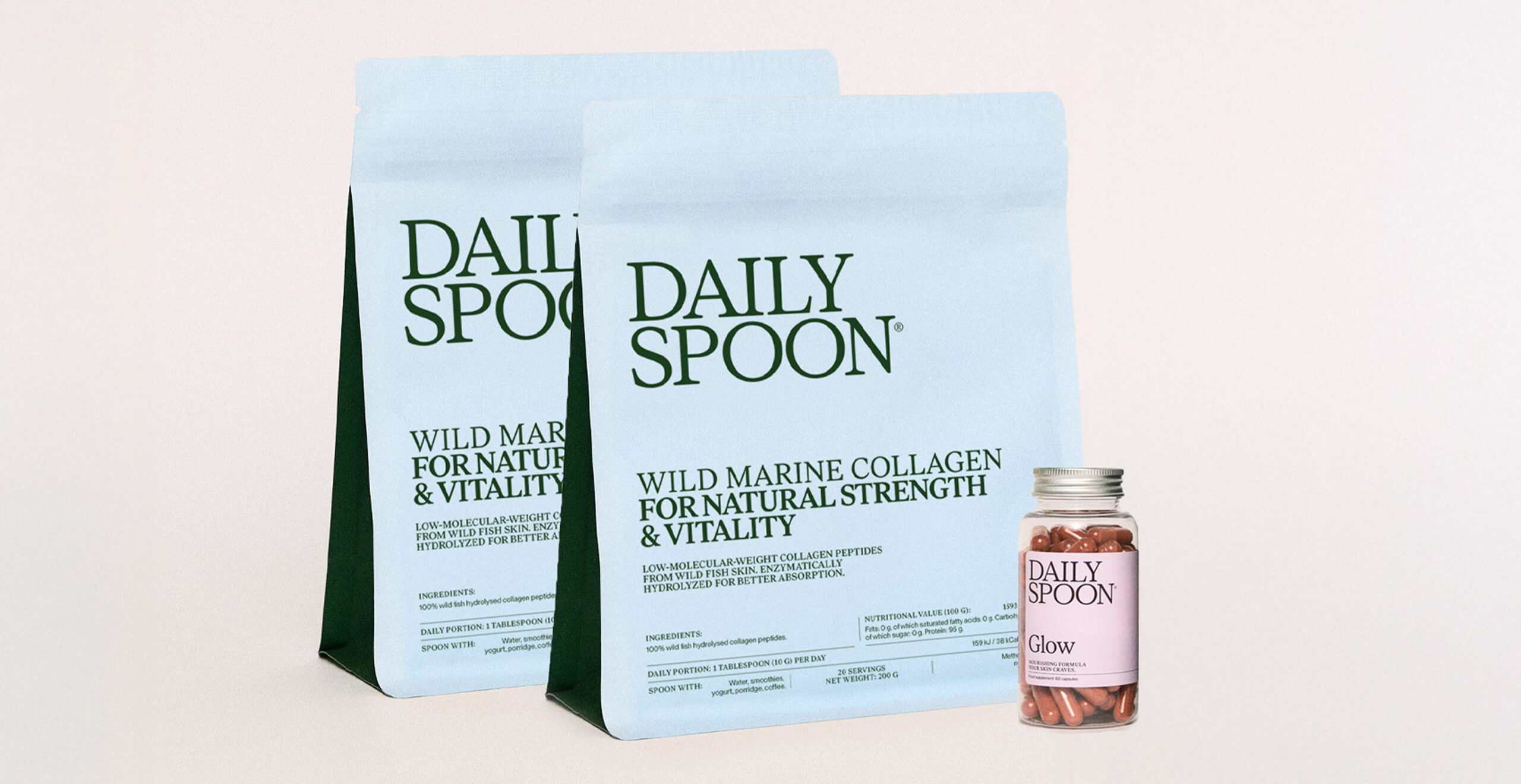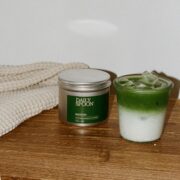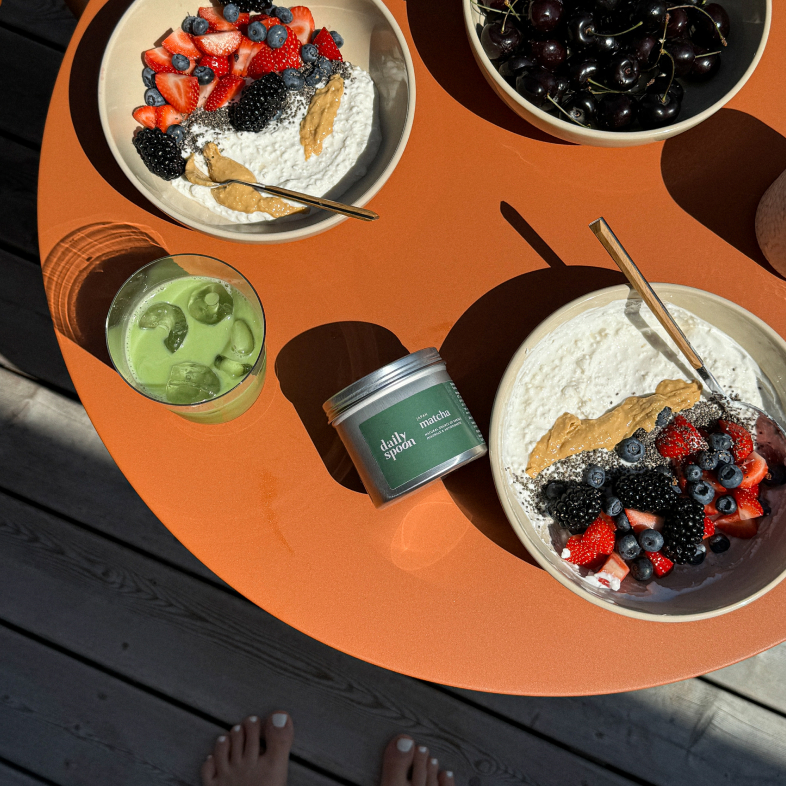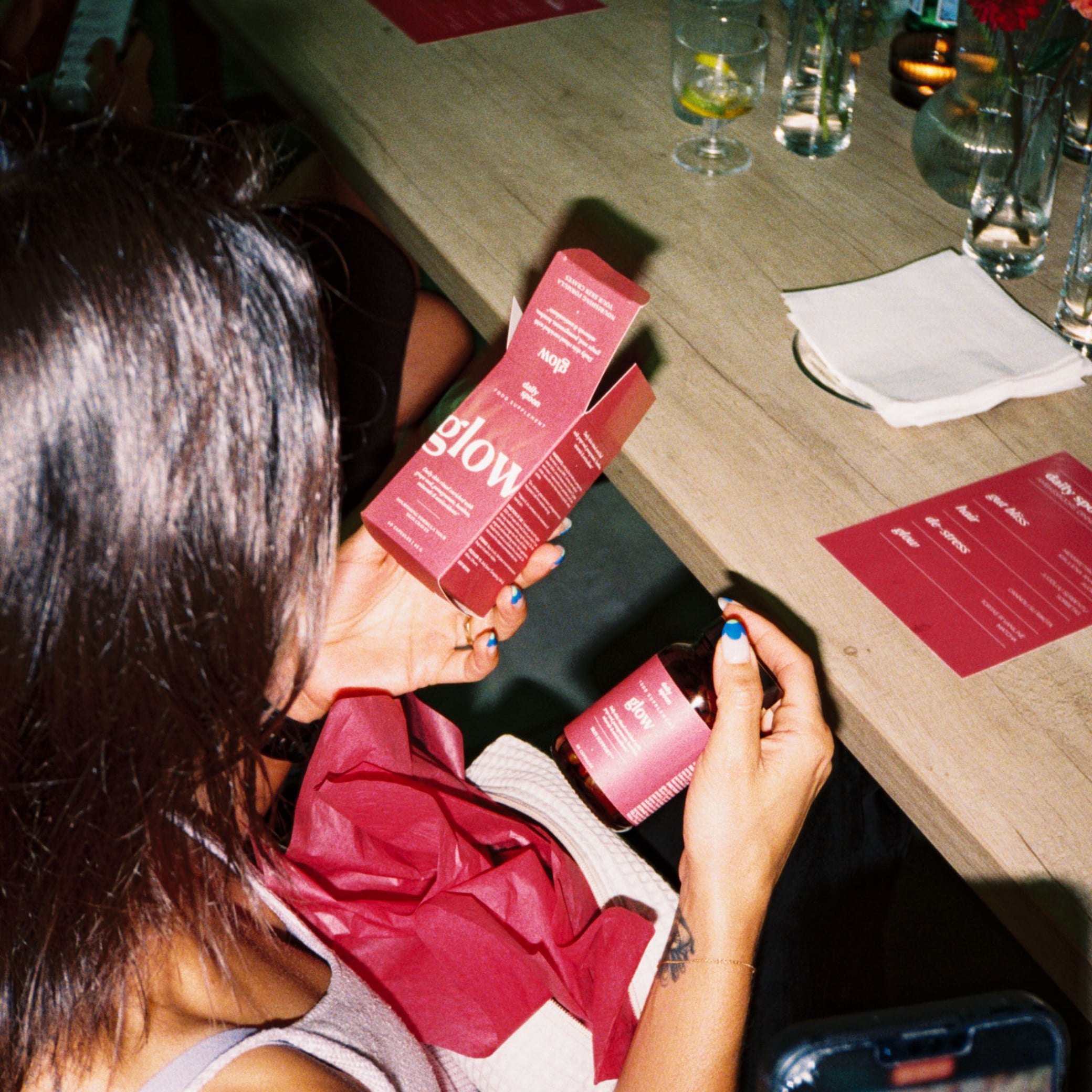Classic Matcha from the Kyoto region of Japan – for the finest lattes at home.
- For balanced energy and concentration.
- Exceptionally fresh: ground to order and packed on our farm.

From free shipping to bigger and better gifts every time: no more waiting for discounts or deals — the best ones are always yours as a subscriber.
22,90 €
Classic Matcha from the Kyoto region of Japan – for the finest lattes at home.





Loved by gourmets, matcha comes from Kyoto Prefecture. It is considered as one of the best matcha-producing regions in Japan and the world, as it has optimal weather and soil conditions for matcha, and the growers themselves use traditional matcha cultivation and production methods.
Our matcha is exceptionally fresh because, thanks to the close partnership with the farm, it is milled every few months to our order and packed on the farm itself to preserve the freshness, aroma and taste for the best experience.
The high quality standards of matcha allow you to make the perfect latte at home, and while enjoying the flavour, feel the smooth energy and ease of concentration.


A source of energy and productivity. Matcha has a natural caffeine content that provides energy, but unlike coffee, matcha also contains the amino acid L-theanine. It slows down the release of caffeine - smoothing it out and helping you relax.
Instead of the caffeine being released quickly and then causing energy levels to plummet, as with coffee, matcha releases energy more slowly and evenly. This is the reason why matcha produces a feeling of calm alertness. In addition, caffeine and L-theanine, working together, can help with concentration in cognitively demanding tasks.
Source of antioxidants. Matcha is known for its antioxidant properties, which help reduce the damage caused by oxidative stress.


Both types of matcha are rich in antioxidants, caffeine and L-theanine, which provide a steady, crash-free energy that helps you concentrate for productive work or creative activities.
Ceremonial matcha is made from the youngest leaves, from the first harvest in early spring. Classic matcha leaves are picked during the second harvest.
Ceremonial is intended to be drunk as a tea, but with water. Classic matcha is used to make matcha lattes or to flavour smoothies, desserts, porridges and yoghurts.
Ceremonial matcha has a milder and slightly sweeter flavour, while classic matcha has a richer flavour due to the riper leaves.

Have you tried this ritual already? Leave a review that will benefit the entire Daily Spoon community.
Your review will be confirmed within 48 hours.


 Gift from us
Gift from us
When we send you matcha, we want to make sure you know how to get the authentic taste of matcha, so we're giving you a guide to the intricacies, history, uniqueness and, of course, the benefits of matcha.

98% stay subscribed because there’s no need to hunt for discounts anymore — the best deals are automatically included with the subscription. We take care of all order-related hassles, and we ensure full flexibility — pausing, changing, or canceling your subscription is easy to do from your account.

We’re happy to help! Get in touch with us on social media or email us at [email protected].

 Can matcha be used during pregnancy and lactation?
Can matcha be used during pregnancy and lactation?
It is not recommended to exceed 150-200mg of caffeine per day during pregnancy. A cup of matcha contains about 40-60mg of caffeine, so it can be used in moderation if your doctor does not suggest giving up caffeine completely.

 Does matcha have caffeine?
Does matcha have caffeine?
Yes, matcha contains about 40-60 mg of caffeine per serving, but unlike coffee, matcha also contains the amino acid L-theanine. It slows down the release of caffeine – softening its effects and promoting relaxation.
Instead of the quick caffeine spike followed by an energy crash, like with coffee, the energy from matcha is released more slowly and steadily. This is why matcha provides a sense of calm alertness. Additionally, caffeine and L-theanine working together can help improve focus for tasks that require cognitive effort.

 What region of Japan is this matcha from?
What region of Japan is this matcha from?
Matcha comes from the Kyoto region of Japan – one of the best matcha-producing regions in the world.

 How many cups of matcha can I drink per day?
How many cups of matcha can I drink per day?
A cup of matcha contains about 40-60 mg of caffeine. It is recommended not to exceed 400 mg of caffeine per day.
We’re happy to help! Get in touch with us on social media or email us at [email protected].
